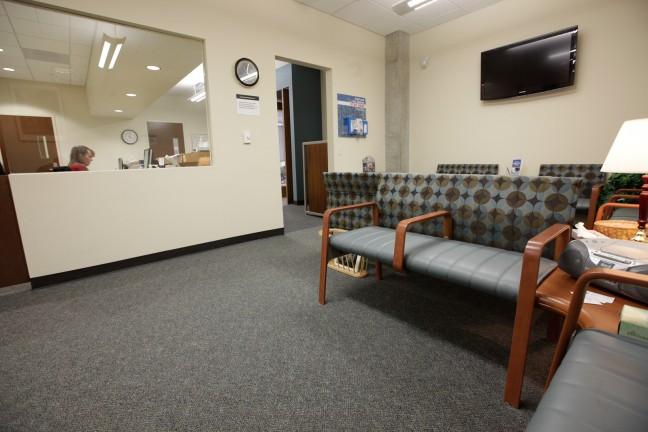Kelly Marie Ward, who is an assistant professor in the Department of Gender and Women’s Studies and the Department of Sociology, is working to demystify abortion healthcare through her research on reproductive healthcare workers.
Ward conducted her research using observational data and interviews in California to learn more about the experiences of abortion providers and the “less prestigious” occupations of healthcare such as medical assistants.
Ward’s research explores how medical assistants in reproductive healthcare make sense of their highly politicized jobs, as well as their roles in the larger movement in their field.
“In terms of healthcare, broadly thinking about all the ways lower wage workers, or workers who don’t have the same prestige as doctors, how they’re integrated into the workforce, how they’re treated in the workforce and how they’re conceptualized as being essential to the healthcare workforce, that is a discussion that I’d like to contribute to,” Ward said.
Right now, Ward said the general public focuses more on the practice of abortion rather than the people working in abortion healthcare. While she said she doesn’t know if this needs to change, she hopes her work can contribute to the broader discussion about these workers.
According to Ward, doctors in reproductive healthcare often decide to enter the field early in their careers or follow their educational trajectories. But people working as medical assistants in the field often just happen to work in reproductive healthcare — most people in these less prestigious careers don’t enter the field because they’re passionate about reproductive rights.
She hopes her research will make people think more broadly about how to bring more workers into the reproductive healthcare field and how to support them — especially workers in lower level positions.
Additionally, Ward said her research could be helpful to make abortion less of a polarized issue. She thinks that destigmatizing and demystifying the service and work surrounding it could make it less controversial.
“For some, this is just a regular typical job just like working in any other health clinic and it’s not always, it doesn’t always have to be a fight and a battle and a struggle in the end,” Ward said.


